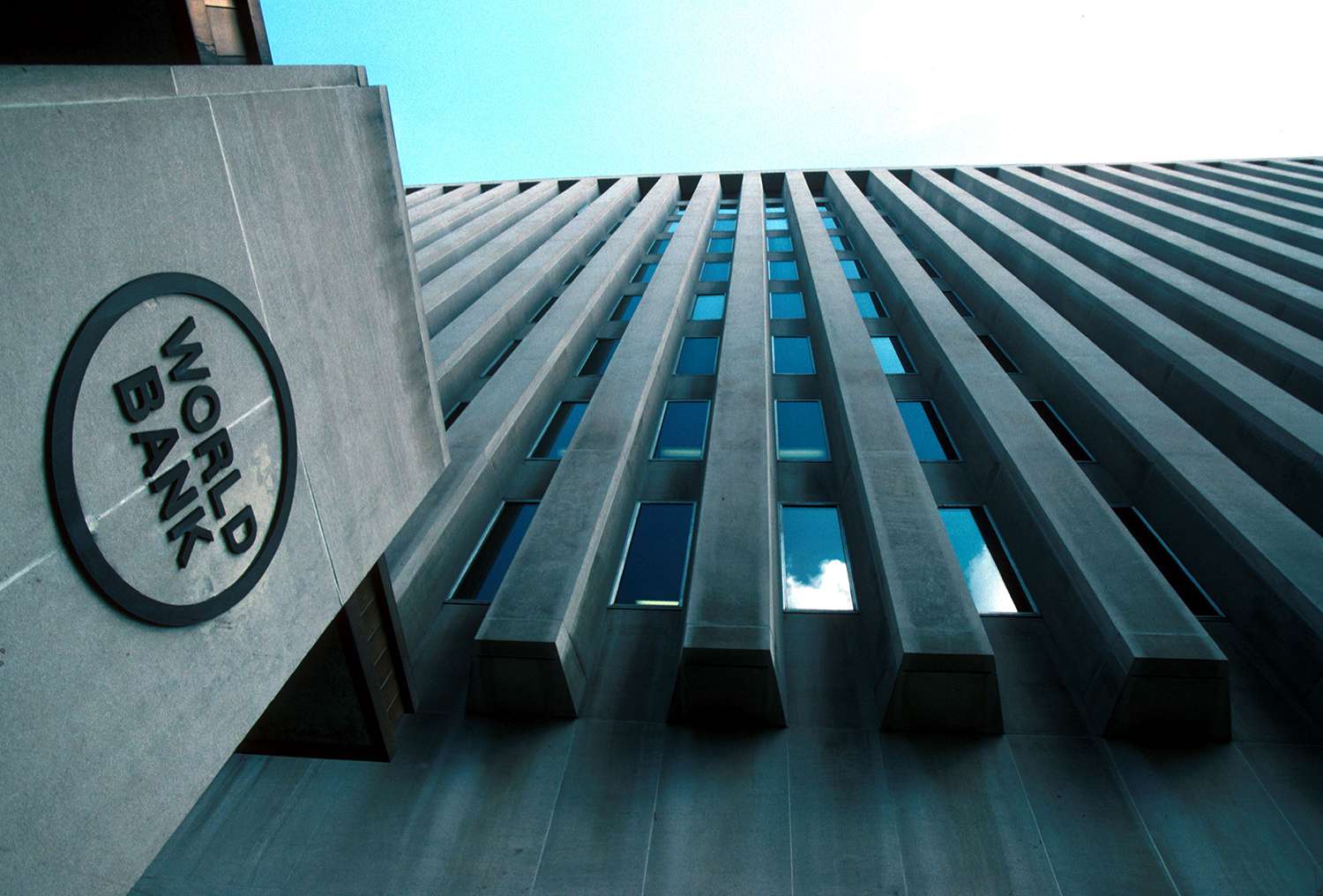The World Bank is a pivotal institution in the global effort to promote economic development and reduce poverty. The World Bank has been instrumental in fostering sustainable economic growth through its various initiatives and strategies, particularly in developing countries.
A Global Partnership for Development
The World Bank Group is a unique global partnership comprising five institutions that collaborate to offer financial products, technical assistance, and knowledge sharing to tackle the challenges developing countries face. . This partnership works in every major development area, aiming to reduce poverty and build shared prosperity.
Funding Development Projects
Since its inception in 1947, the World Bank has financed over 12,000 development projects through loans, interest-free credits, and grants. These projects span various sectors, including infrastructure, healthcare, and education, and are designed to create sustainable economic growth, invest in people, and build resilience to adverse events.
Influencing Economic Policies
The World Bank exerts significant influence over the economies of developing countries through conditions attached to its loans. These conditions often reflect the Bank’s strategic approaches and ideological preferences, such as promoting private sector development and business-friendly policies. However, this influence has been criticized for undermining the autonomy of borrower countries and potentially having adverse effects on vulnerable populations.
Enhancing Trade and Competitiveness
Trade is a key driver of economic growth, and the World Bank supports open trade policies that enable growth for all. By addressing issues such as inefficient transportation systems, poor connectivity, and regulatory barriers, the World Bank helps countries integrate into global value chains and improve their trade competitiveness. Research has shown that trade liberalization can significantly increase economic growth and income, lifting people out of poverty.
Private Sector Development
The World Bank Group also focuses on creating markets and fostering an environment conducive to private sector investment. By mobilizing resources from capital markets and using its technical expertise, the World Bank designs solutions that link business interests with development impact
. The private sector partners in addressing development challenges, particularly in environmental, social, and governance (ESG) initiatives.
Strategic Country Partnerships
A recent example of the World Bank’s role in promoting economic development is the new Country Partnership Framework (CPF) with Côte d’Ivoire for 2023-2027. This strategy focuses on improving human capital, reducing disparities, building resilience, and creating private-sector jobs. It aims to support a more inclusive and sustainable economic and social transformation in the country.
Investment in Infrastructure and Services
The World Bank’s support extends to critical infrastructure and services. For instance, in Côte d’Ivoire, the Bank’s current portfolio includes projects to provide access to electricity, secure property ownership rights, and support private sector development, with significant investments planned in key economic sectors.
Research and Knowledge Sharing
As one of the world’s largest research centres in development, the World Bank generates data and research to understand economic challenges, set priorities, and measure progress. This knowledge is shared globally to improve development policies and programs.
Conclusion
The World Bank plays a multifaceted role in promoting economic development. Through its financial support, policy influence, trade facilitation, private sector engagement, strategic partnerships, and research initiatives, the World Bank strives to create a world where sustainable economic growth benefits everyone, especially the poorest and most vulnerable. Despite criticisms regarding its influence on borrower countries’ policies, the World Bank’s efforts have contributed to significant progress in global poverty reduction and economic development.





